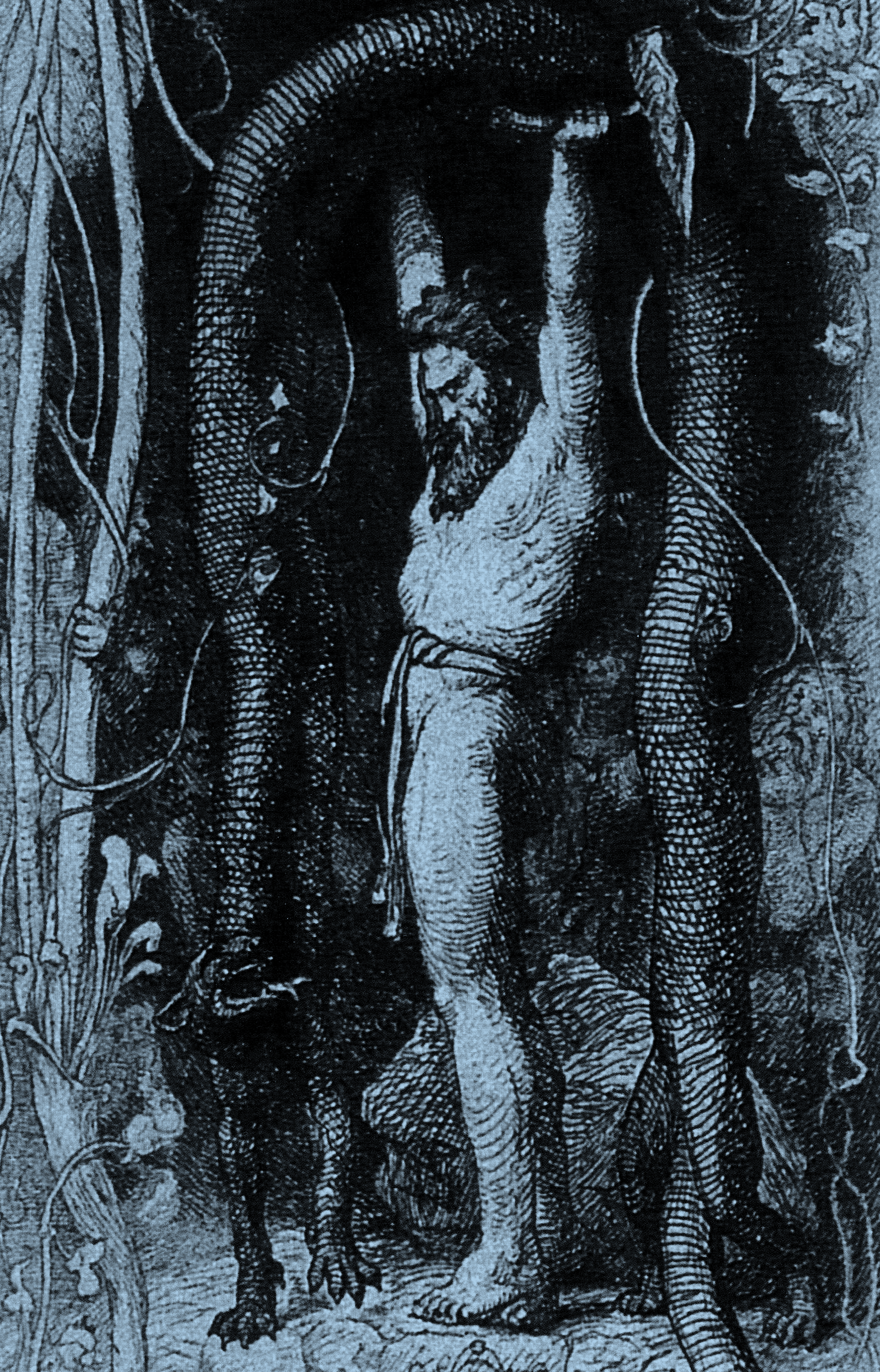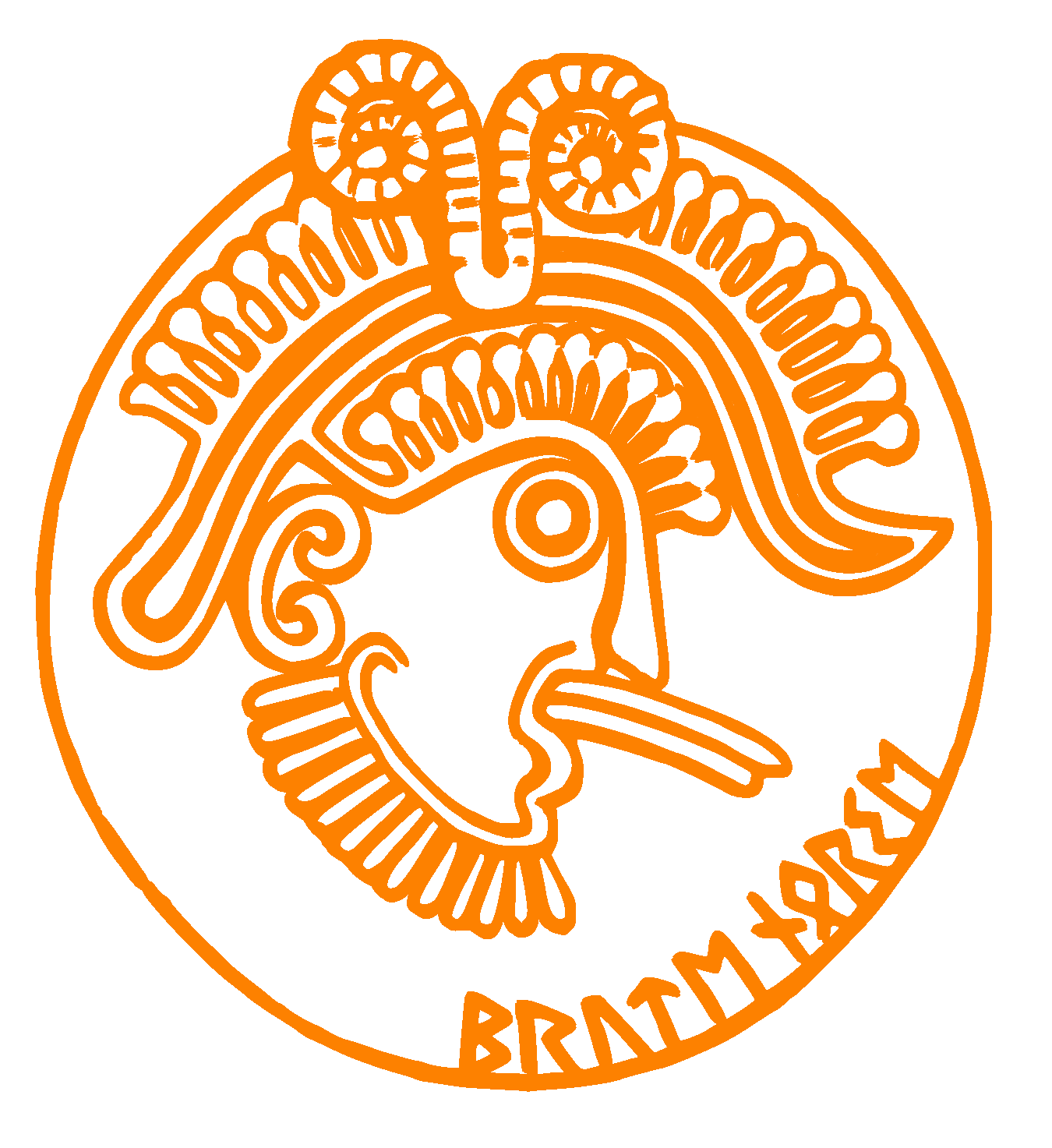Most of you have heard about Thor's journey to Utgard-Loki's fortress, when they were bid inside to prove their worth in the feats that each knew best. But they lost in all of them. For all their efforts, they managed so badly that Utgard-Loki's retinue laughed loudly at them. Everything went badly. They lost at everything, they did everything wrong. Even Thor, the strongest of the gods, turned out really badly, and when they left the Utgard fortress, they were were certain that they would never win over Loki's men.
It was only later that they came to know, that the results might have been different from how things seemed in there. When Thor failed the test of might that was to empty Utgarda-Loki's drinking horn, it was because the horn reached all the way down into the sea, and that it was the great oceans Thor had drunk from, and that he drank so much in the third sip that the ocean had sunk several inches across the whole world, and the people of Utgard were pale with fright.
When Thor had wrestled with the old wench Elli and only managed to force her to down on one knee, it was age itself he had been fighting. And when Thor only managed to lift Utgarda-Loki's cat so high that it barely raised a single paw from the floor, in reality it was none other than the Midgard Serpent he had lifted, and it was so that it almost lost the grip it has around the Earth. And the laughter the gods had heard from the Utgard people had not been laughter at all, but in reality it was Loki's people that screamed with fear.
So it happened that every time Thor's people won a victory, they believed for themselves that they had lost. And the Midgard Serpent is the biggest and last and most horrible of all dragons, and it has coiled itself tightly around the Earth.
Now it is the same way with humans when they try to do something that is good and right: Utgarda-Loki, the king of the Utgard fortress, uses his witchery to make us think that we have lost, or to believe that what a human can manage is so little that there nothing gained in doing it. Because Utgarda-Loki knows that if only humanity loses its courage, then he will be victorious.
But in reality it is so that when the humans lose without losing courage, then Utgarda-Loki's people scream with fear.









